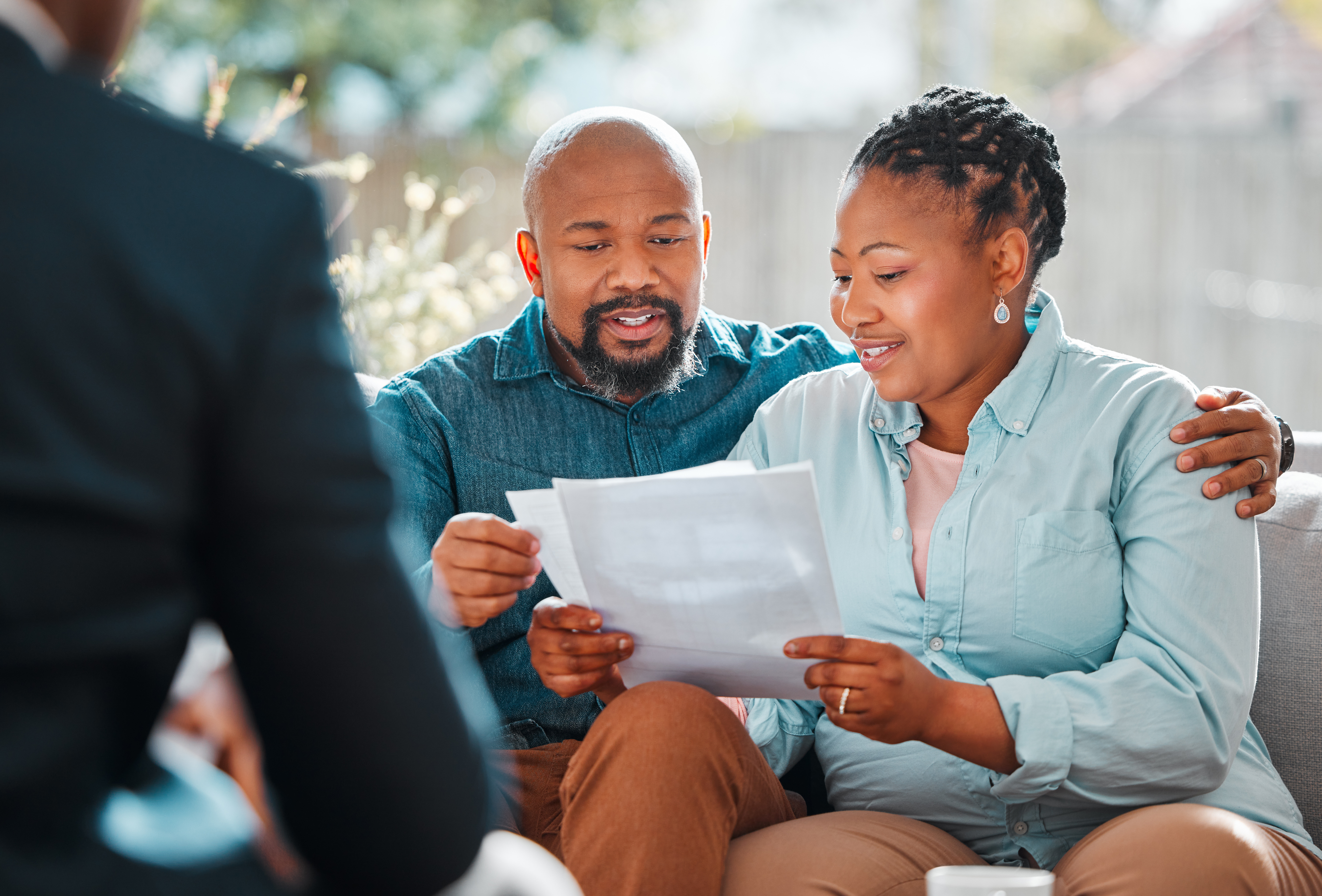Court Navigation
Court Navigation is a collaboration with Athens Access to Justice, the Athens-Clarke County Law Library Board of Trustees, and Georgia Legal Services.


Court Navigators explain how court works and help unrepresented parties complete legal forms from the Athens-Clarke County Self-Help forms library.
Frequently Asked Questions
Where do I park?
Parking for the Courthouse is available on the street or in the Courthouse parking deck. If you park on the street, there is a two hour maximum. The parking meters take cards and quarters.
The parking deck is at 370 E. Hancock Avenue (the corner of Thomas Street and Hancock Avenue), and the entrance in on Hancock Avenue. For current rates, see ACC’s Parking Deck information page. The parking deck takes cards or cash.
How do I find the Law Library?
Whether you enter from Washington Street or the parking deck, first go through security.
Then, take the stairs or the elevator to the third floor. You will see a waiting area, judges’ offices and Superior Court courtrooms.
Go down the hallway to the right of the large courtroom, until you reach the door marked “Law Library.”
What can I expect?
Court Navigators assist visitors with questions related to Athens-Clarke County Self-Help forms.
Court Navigation is staffed by Georgia Legal Services attorneys and AATJ volunteers. The volunteer you work with might be an attorney, a paralegal, a law student, or someone else from the legal field.
These volunteers ARE NOT your attorney, and there is no attorney-client privilege. The things you talk about with your volunteer are not confidential, but we respect your privacy.
Court Navigators can help anyone with a civil legal question with ACC self-help forms. That means it’s possible for someone from both sides of a case to get help.
What happens during a visit?
In order to follow the law and be fair to everyone, Court Navigators will not give legal advice.
When you get to the Law Library, you’ll be greeted by a volunteer. If all the volunteers are already helping someone, pick out a place to sit. When it’s your turn, they’ll ask you to fill out some paperwork with basic information like your name and how to contact you. The paperwork also makes sure you understand that the volunteers are not your attorney.
Then, the volunteer with ask you about the reason for your visit. They may ask you some questions, and they’ll want to see any paperwork you have with you. Make sure to tell them any goals you have and how you want your case to turn out. It’s ok if you’re not sure where to start. That’s why we’re here!
Once they understand a bit more about your situation, the volunteer can give you information. Here are some examples of how a volunteer can help:
- They might help you pick out a form or explain your legal options.
- If you have already filled out a form, they can check it for completeness and tell you how to file it.
- If you have a hearing, they can give you tips on how to prepare.
- They can notarize documents.
Remember, volunteers cannot give legal advice.
Do I need an appointment?
Appointments are encouraged, but other visitors will be seen on a first-come, first-served basis. If all volunteers are speaking with someone when you get there, just pick out a place to sit, and someone will be there as soon as possible. We do our best to give everyone private, one-on-one help.
To set up an appointment, email [email protected]
What should I bring?
You should bring any important papers related to your case. For example, if you have been sued, bring the complaint or petition. If you need to file papers, make sure to bring them with you.
If you need to get a paper notarized, bring a valid form of ID.